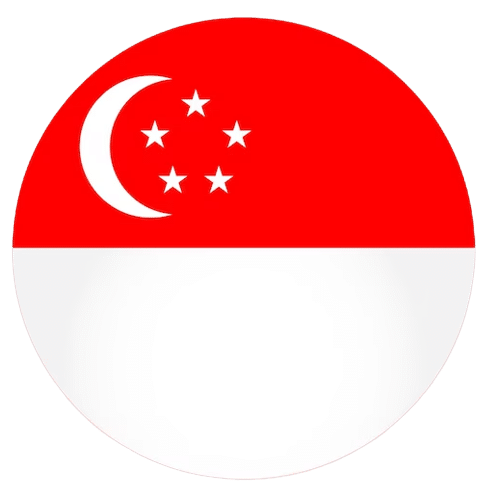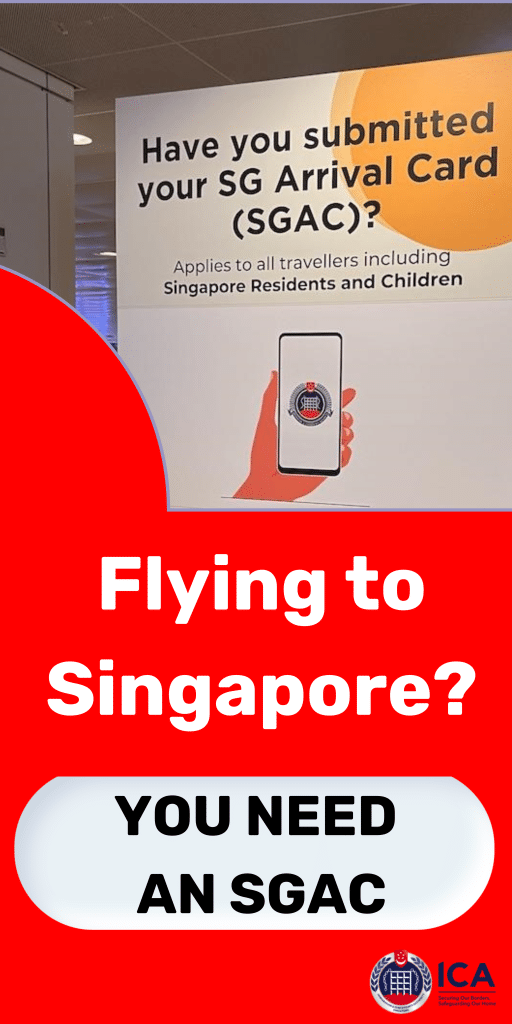Intellectual property (IP) systems that effectively protect patents, trademarks, copyrights and other intangible assets incentivise innovation and creativity.
In Southeast Asia, Singapore stands out for its robust IP protections relative to regional neighbors.
This article provides an overview of how Singapore’s IP laws and enforcement compare to other major Southeast Asian economies.
We’ll analyse national IP frameworks across dimensions like copyright terms, trademark provisions, IP court systems and more.
While gaps remain, understanding Singapore’s IP environment offers perspective on how countries can elevate idea protections.
IP Protection in Singapore
Singapore provides a competitive IP landscape:
- Comprehensive legislation covers major IP areas including patents, trademarks, copyright, designs.
- Patent protections extend for 20 years from application, with maintenance fees required.
- Copyright lasts 70 years after death for literary, dramatic, musical and artistic works.
- Trademarks remain enforceable for 10 years after registration and renewable indefinitely.
- Specialist IP Court and Tribunal to resolve disputes efficiently.
- Strong enforcement with ability to obtain injunctions and substantial damages for infringement.
Singapore’s framework of IP laws aligned to global standards offers certainty to rights holders.
Comparison With Malaysia
As a regional neighbor, Malaysia’s IP protections diverge in some aspects:
- Patent protections are shorter at 20 years from filing rather than priority date as in Singapore.
- No specialised IP court, cases heard in general civil courts.
- Statutory copyright protection lasts only 50 years rather than 70 years post death.
- Lower penalties than Singapore for IP violations.
While Malaysia provides core protections, Singapore goes further in safeguarding IP rights.
Indonesia’s IP Landscape
Indonesia also differs from Singapore in key areas:
- Delays and backlogs obtaining Indonesian patent grants; can take over 5 years versus just 2 years in Singapore.
- Copyright duration only 50 years post death rather than 70 years.
- Trademark oppositions not regulated; multiple marks can be registered for the same brand.
- Enforcement challenges with localised Indonesian language brands and content.
- Reputation for relatively high levels of counterfeiting and piracy.
Indonesia’s framework, while developing, poses higher risks for IP owners than Singapore.
Thailand’s Position on IP
Thailand provides a moderate level of IP security:
- Reasonable frameworks for patents, trademarks and copyright registration.
- However, civil IP court procedures less sophisticated compared to Singapore’s specialist IP court.
- Patent application backlogs result in slower approval rates.
- Still grapples with copyright piracy especially for media content and software.
For rights holders in sectors like entertainment, Singapore offers stronger protections currently.
Vietnam’s Intellectual Property Context
Vietnam has elevated IP standards since joining the WTO but gaps persist:
- Time consuming bureaucratic procedures for reviewing and approving IP registration.
- Limitations around protection for certain biotechnological inventions.
- Ongoing issues with counterfeit luxury goods, apparel, electronics and other violations.
- Delays obtaining damages for infringement.
While improving, Vietnam’s IP environment lags Singapore’s higher development stage.
Conclusion
Across multiple dimensions like robust legislation, stringent enforcement and efficient administrative procedures, Singapore occupies a leadership position on IP protections in Southeast Asia.
For companies and creators seeking to safeguard their intellectual assets, Singapore provides advantages compared to lesser developed regional IP regimes.
However, continued vigilance is required as technologies and ideas accelerate in the digital age.

Goh Jun Cheng is the chief staff writer for SingaporeAirport.com. Jun Cheng graduated with a degree in journalism from Nanyang Technological University in Singapore.
He has over 5 years of experience writing about aviation, tourism, and lifestyle topics relevant to locals and visitors in Singapore. His articles provide insights into the rich culture, cuisine, and attractions of Singapore. Jun Cheng is an avid traveler who has visited over 15 countries.
When he is not writing or traveling, he enjoys photography, trying new foods, and hiking. As a longtime Singapore resident, Jun Cheng is passionate about sharing hidden gems and perspectives about his home country.




